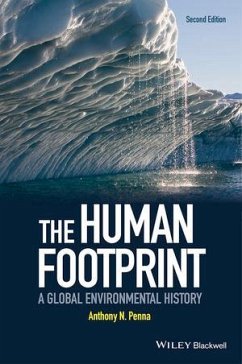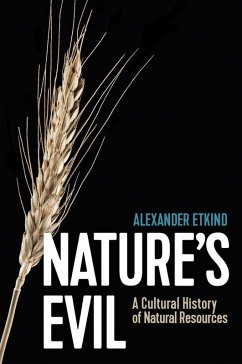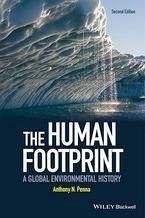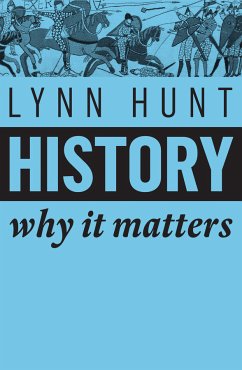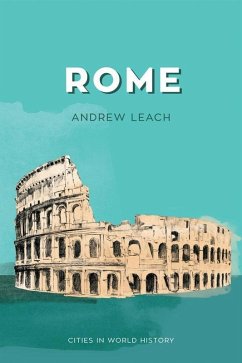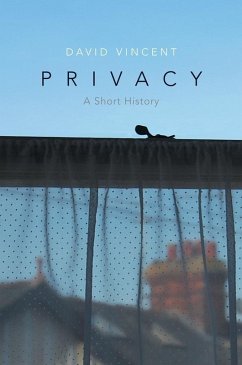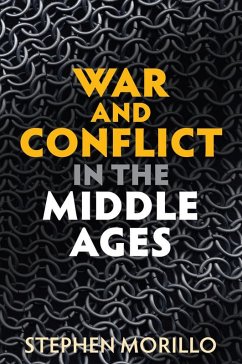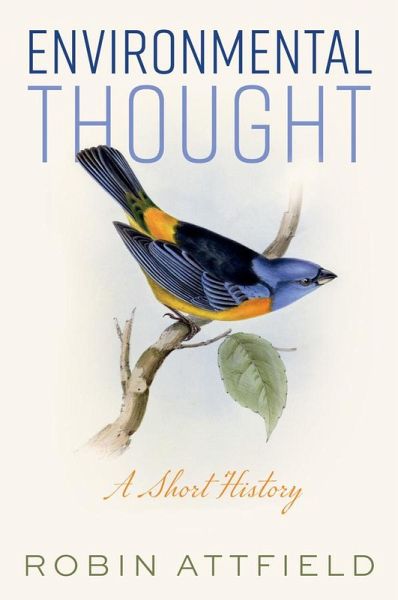
Environmental Thought (eBook, ePUB)
A Short History

PAYBACK Punkte
0 °P sammeln!
Environmental thought has a rich and extensive history. Philosopher Robin Attfield guides readers through the key developments and debates that have defined the field from ancient times to the present. Attfield investigates ancient, medieval and early modern environmental contributions; Darwin and his successors; the debate in America involving Thoreau, Marsh, Muir and Pinchot; the foundation of the science of ecology in the Western world; and twentieth century trailblazers like Aldo Leopold and Rachel Carson. Central themes of key environmentalist works of the 1970s and 1980s are discussed, a...
Environmental thought has a rich and extensive history. Philosopher Robin Attfield guides readers through the key developments and debates that have defined the field from ancient times to the present. Attfield investigates ancient, medieval and early modern environmental contributions; Darwin and his successors; the debate in America involving Thoreau, Marsh, Muir and Pinchot; the foundation of the science of ecology in the Western world; and twentieth century trailblazers like Aldo Leopold and Rachel Carson. Central themes of key environmentalist works of the 1970s and 1980s are discussed, along with the major debates in environmental philosophy, including Lovelock's Gaia hypothesis. Attfield then turns to the current environmental emergency, encompassing the crises of climate change, air pollution and biodiversity loss, exploring contemporary intellectual responses to it. Each chapter concludes with a list of recommended readings, selected to invite readers to explore the book's topics in greater depth. Environmental Thought: A Short History will become a pivotal text in its field, of interest to students and scholars of history, philosophy, ethics, geography, religion, biology and environmental studies.
Dieser Download kann aus rechtlichen Gründen nur mit Rechnungsadresse in A, B, BG, CY, CZ, D, DK, EW, E, FIN, F, GR, HR, H, IRL, I, LT, L, LR, M, NL, PL, P, R, S, SLO, SK ausgeliefert werden.




